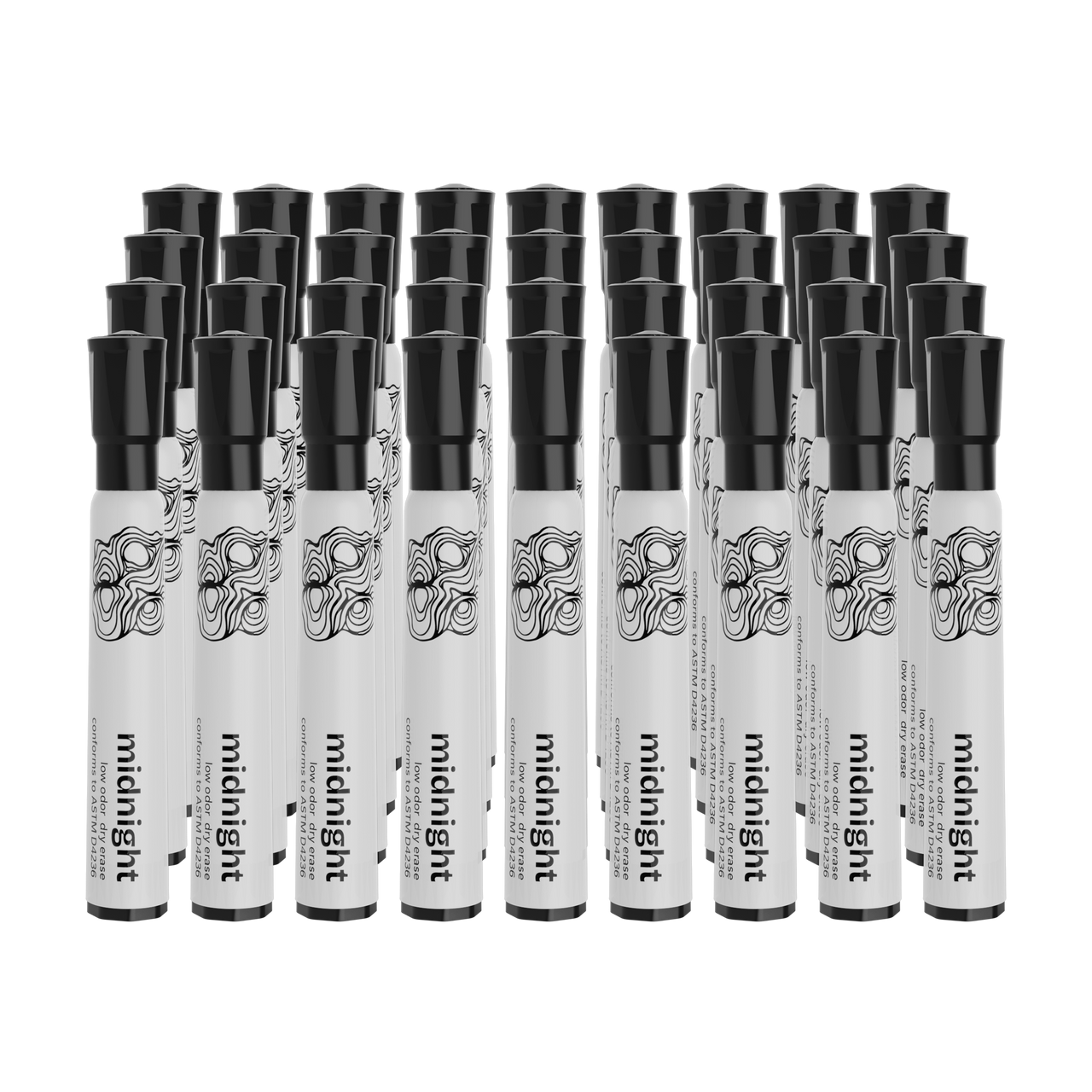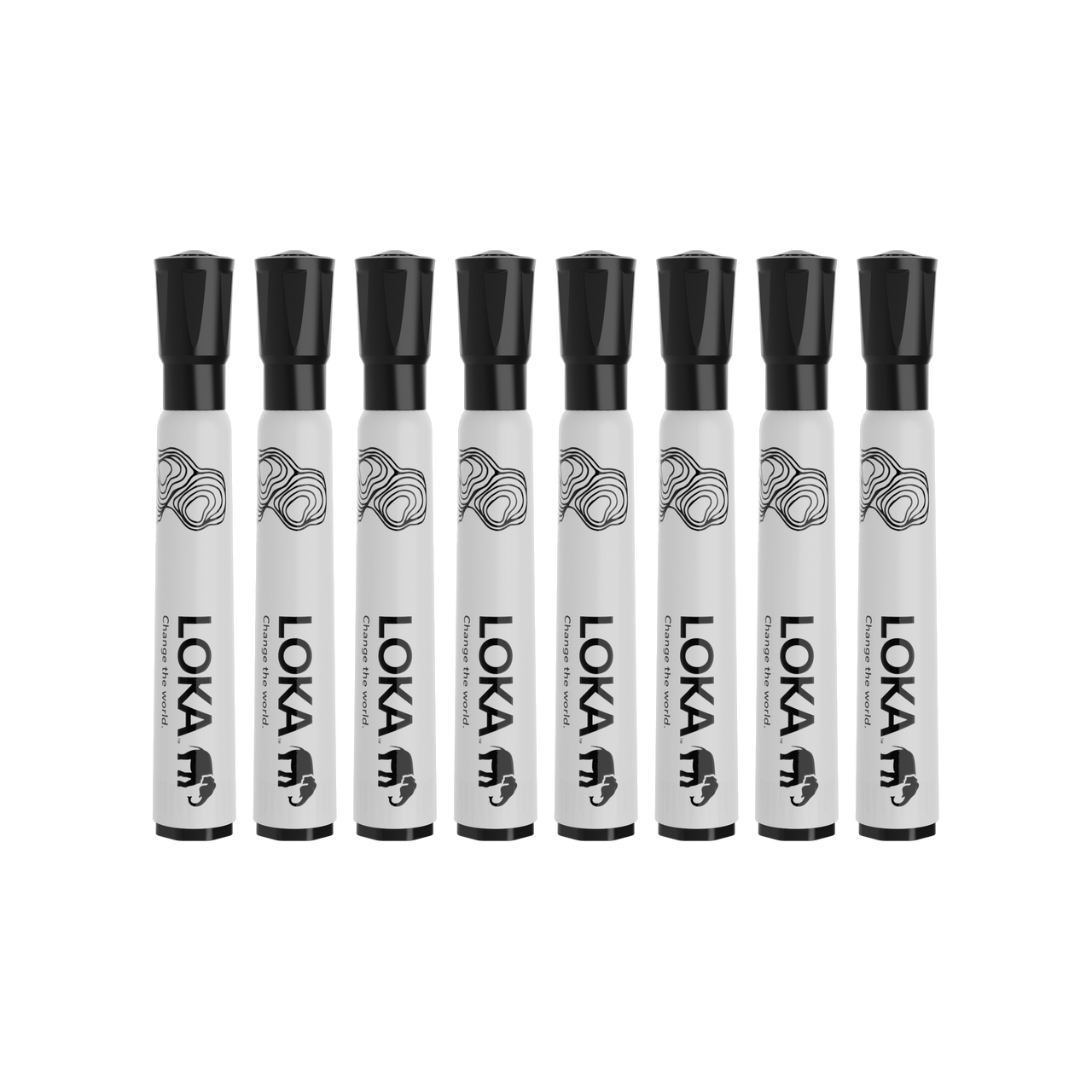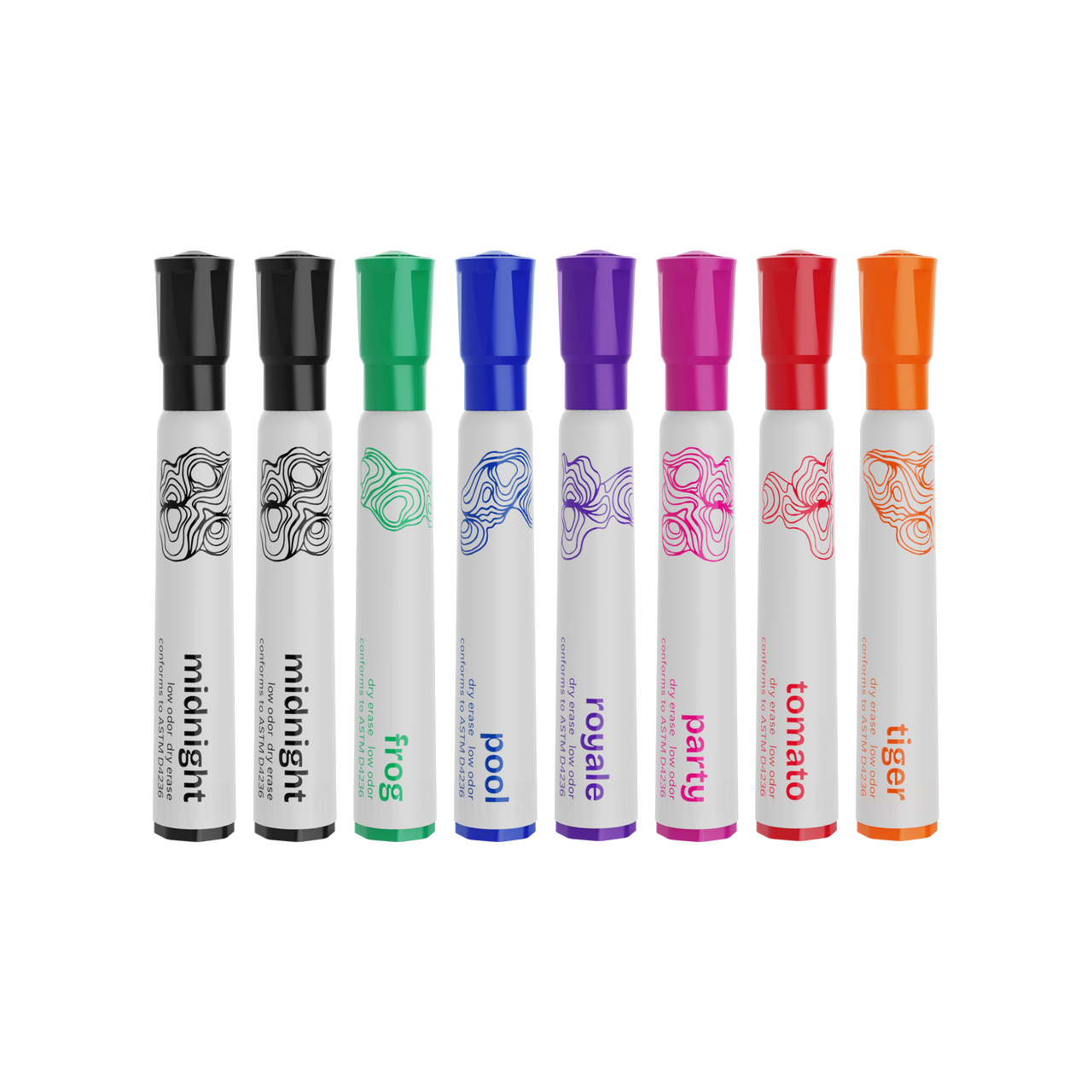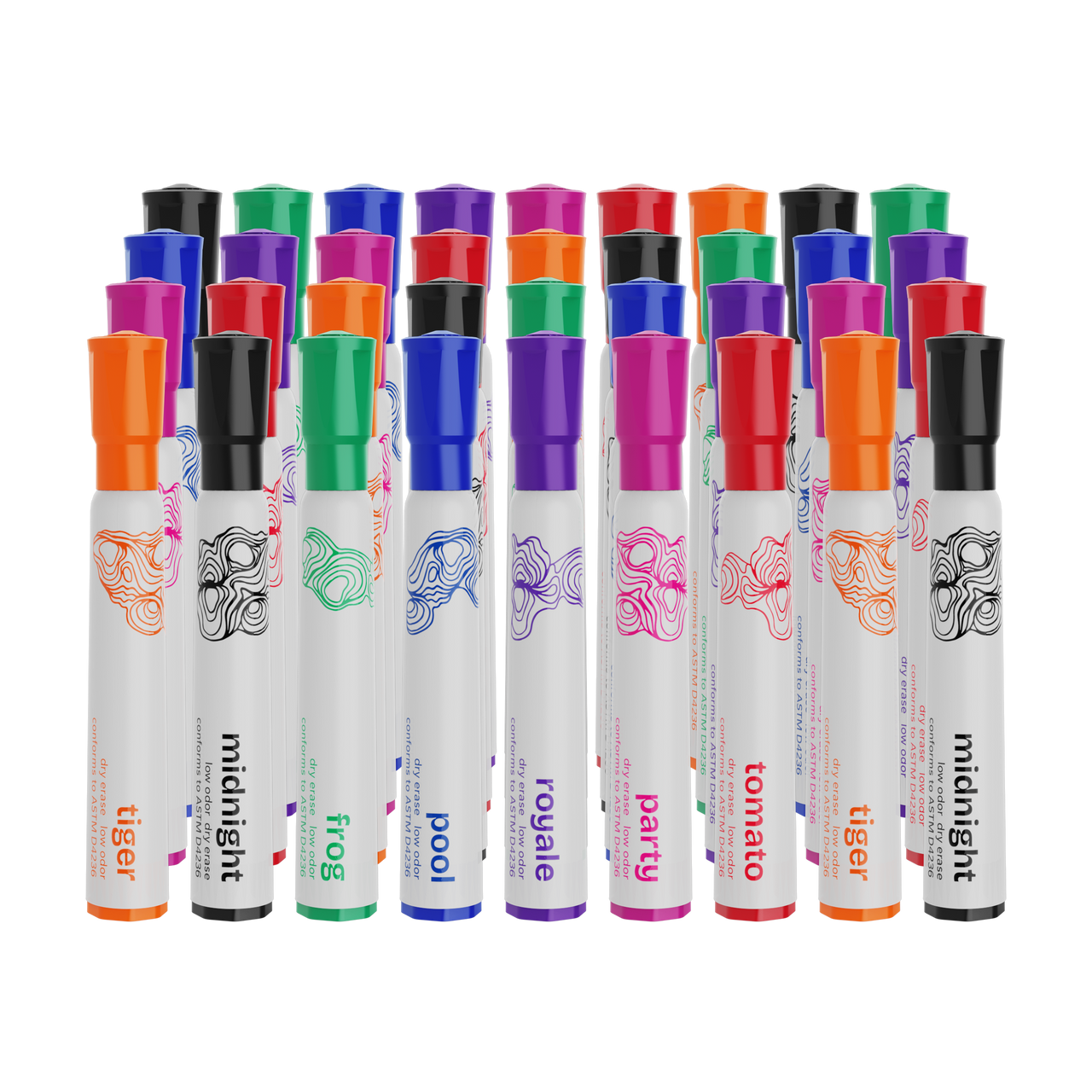
LOKA Featured


We’ve developed the prototypes for multicolor marker sets. As an early-stage company, we’re seeking your help to bring them to market. Every order of our launch product, the Midnight dry erase markers, helps us get closer to making these a reality. Please share far and wide to help us complete our goal and make these markers, while eliminating plastic pollution from across our planet!

Solving With Science: Our "Final Trip" Approach

Low Impact Materials
We use recycled and organic alternatives to virgin plastic, making a small dent in the 400 million metric tons of plastic getting discarded each year across the planet.*

Biorecyclable Additives
Activate in anaerobic environments (e.g. landfills & marine environments), because +90% of plastic waste ends up either incinerated (20%) or in landfills and oceans (80%).†

From Centuries to Years
Our molded parts break down more than 50 times faster than standard plastic, which takes 400 years on average.‡ They leave only inert humus and biogas, a source of renewable energy.
When a LOKA marker runs out of ink, just throw it in the regular garbage. That's it.

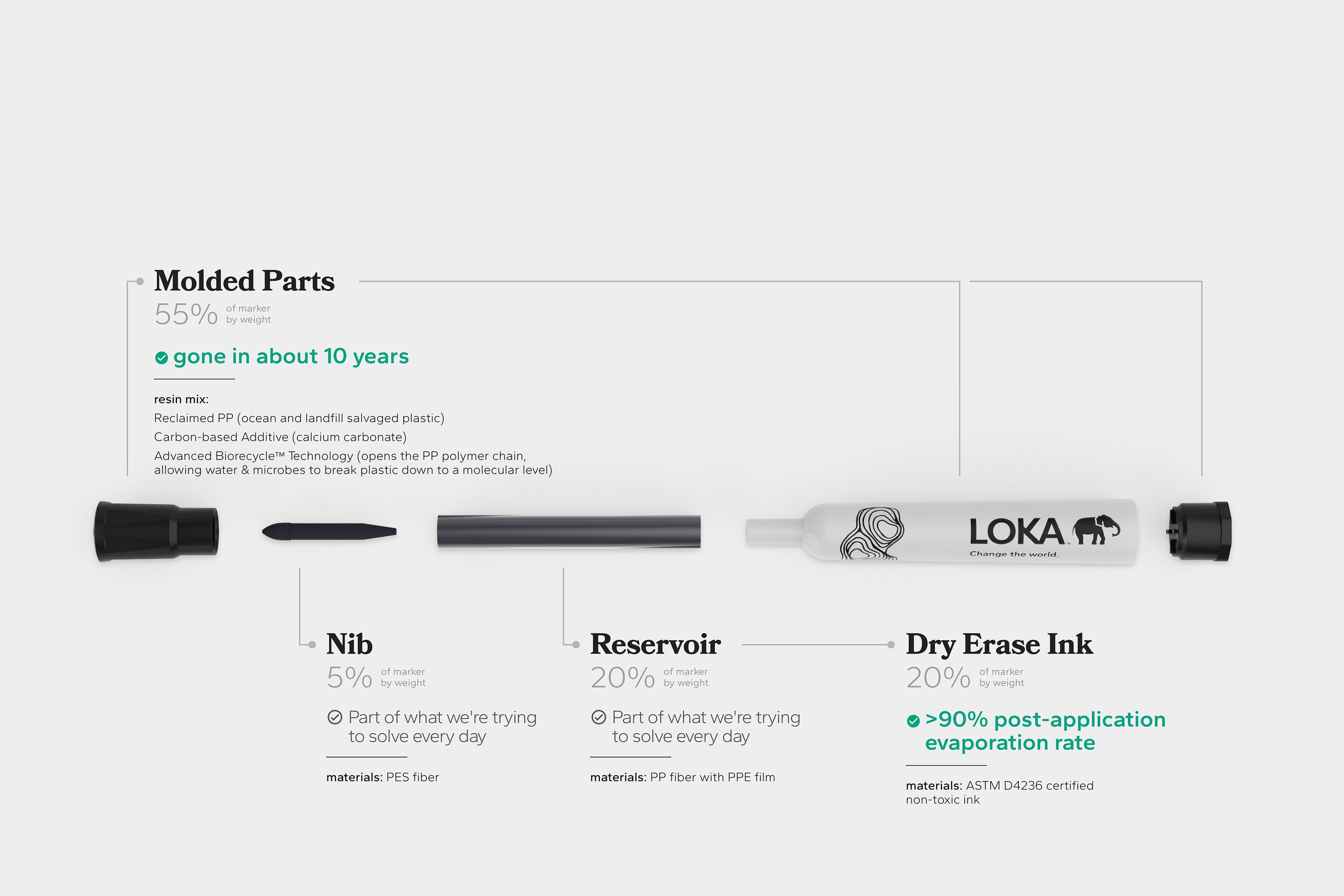
* According to the United Nations Secretary-General, 400 million metric tons are produced annually worldwide.
† The Environmental Protection Agency (2018) reported an 8.7% plastic recycling rate. Of the 91.3% of plastic waste that goes unrecycled, 17.2% of it is incinerated, and 82.8% ends up in a landfill or an ocean.
‡ WWF reports polypropylene products can take up to 500 years to decompose. Our resin mix includes Advanced BiorecycleTM Technology that opens the polymer chain, allowing water & microbes to break our plastic down to a molecular level, at a rate of 50 times faster than standard PP, based on the ASTM D5511 standard for biodegradation in landfills.

